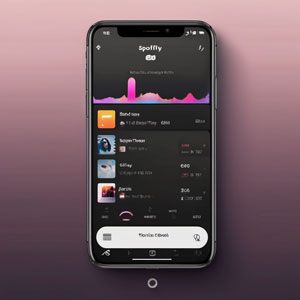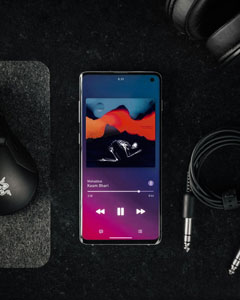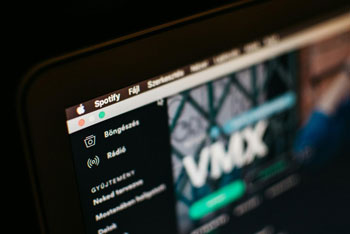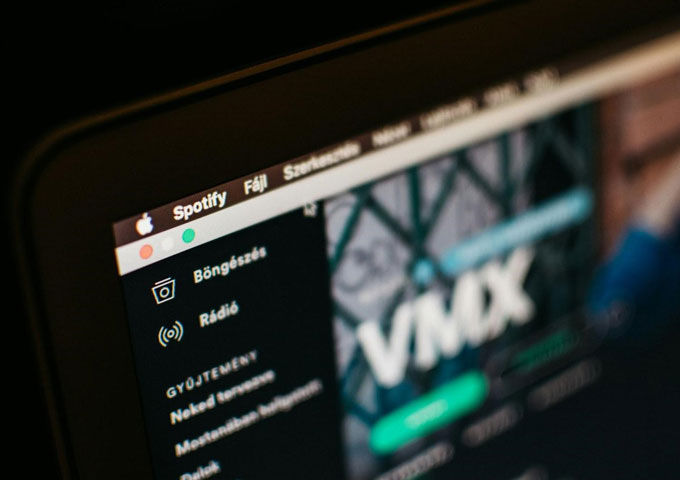Artistic Independence: The Attraction of Doing Things Your Own Way
Many musicians want to sign a record deal more than anything else. Being an artist, without a contract offers advantages, such as the ability to express creativity freely manage finances independently and retain full ownership of your art. Transitioning into a musician can pose challenges due, to financial resources and lack of promotional support. Nonetheless, the upside is the autonomy and creative freedom you enjoy in crafting your music.
The Advantages of Independence
Even for small, indie artists, being independent can offer distinct advantages. Independent musicians sometimes struggle with recording, money, and promoting their music. But they don’t always have to sign with a big record label to get help with these things. Artists who choose to work can receive support, from managers, publicists, assistants and other professionals while retaining autonomy over their endeavors. Maintaining authority over their music and artistic vision often serves as a motivating factor, for artists opting for a career path. Full autonomy over one’s musical works can be extremely important for artistic expression.

Areas of Control for Independent Artists
As an independent artist, you have control over:
- Creative Freedom: Direct your own music videos, photo shoots, cover art, and curate your social media presence to match your desired aesthetic. The freedom to design your artistic brand and create your own identity can be extremely beneficial when starting as an independent musician.
- Scheduling: Determine your own schedule for releasing music, alleviating pressure and ensuring your music is of the highest quality. Set deadlines can be stressful, and having the freedom to record and re-record as needed allows you to truly invest the desired effort into your music.
- Budgeting: As the performer, you understand firsthand where it is best to invest your money. Being able to structure your finances around your specific needs is important, as not every musician has the same priorities.
- Stability: There is less pressure to guarantee profit, as you are not concerned about being dropped by a label. Taking the time to perfect your music can lead to a more genuine and authentic sound.
- Copyright Ownership: You will own the performance, composition, and mechanical royalties of your songs. As an independent musician, you may be able to keep a larger percentage of royalties on the music you release.
Distributing and Promoting Music Without a Record Label
As a solo artist, with resources and no team there are ways to distribute and promote your music effectively. Websites like DistroKid, Ditto and TuneCore let you put your music on streaming sites, keep ownership of your music, and get paid for it. Being an artist means you can choose how you want to sell your music. Sharing on social media is a great way to promote your music, but there are other platforms that can also help more people hear your music.
Music promotion sites such as One Submit, playlist push, Submit Hub, and Groover allow you to submit your music to hundreds of creators across Spotify promotion, YouTube channels, blogs, and radio stations. These sites are well-suited for independent artists due to their value for money; One Submit, in particular, guarantees a review from every curator or offers a refund. These promotion services make budgeting easier, as you know exactly how much of your own finances is going into PR, and you can choose which sites and platforms to submit your music through.
TikTok music promotion is also very important in today’s music industry.
Embracing Independence
In the future, we may see more and more artists becoming independent to navigate the music business on their own terms. Even if you are an artist striving for a record deal, try to make the most of being an unsigned musician in the meantime. There are many benefits to using this time as an independent artist, such as building your brand, gaining perspective on finances and marketing, and experimenting with your music and aesthetic while maintaining complete artistic and financial control.
Creating a strong aesthetic and musical identity while recording or releasing your own music can prove to be beneficial even after you sign with a record label. The same applies to managing your own finances when recording and ensuring you have a wide range of marketing strategies in place. When you’re ready to join a label, you’ll be more ready and you’ll have additional legal leverage if you have experience managing your finances, schedule, and promotional campaigns.

Top artists are leaving big music companies.
In times, an increasing number of musicians have chosen to depart from major record labels and launch their music journeys independently. The problems that come with signing a record deal, like the chance of losing the deal, losing money, and not owning your own music, have caused this change. The scandal with Taylor Swift’s master recordings being sold without her permission showed how unfair record deals can be.
This incident, described by Swift as a “worst-case scenario,” highlighted the lack of control artists often face when signed to major labels. Consequently, Swift and other prominent figures like Frank Ocean, Phoebe Bridges, and BRIT award winner RAYE have established their own independent record labels, demonstrating that success can be achieved without signing a traditional deal.
The Allure of Major Label Support
There are many good things about being a musician and releasing your own music, signing a record deal has its own advantages. Record labels are really important for helping artists grow. They give advice, help sell their music online, make the artist popular, and give money for making music. Many musicians find it reassuring to have experienced professionals help them in their career. This could be a big reason why they want to sign with a record label.
The disadvantages of big record label contracts
However, it remains a fact that working with a record label can restrict an artist’s creative control, and many of the benefits associated with signing a record deal are not entirely unattainable for independent artists.

The Optimal Path: Label or Independence?
Both signing with a record label and moving forward as an independent artist offer pathways to success in the music industry. Joining a record label can streamline access to resources, facilitating greater visibility and support, which can make success feel more easily attainable. However, reaching success as an independent artist is entirely achievable, with different challenges and opportunities. Pursuing success as an independent artist allows an artist to truly express their musical content and have complete control over their work.
Ultimately, the optimal choice depends on individual circumstances and preferences, as what works for one artist may not necessarily work for another. It really depends on what you’ve experienced. People who want to be musicians need to think carefully about what they want. They should think about things like how much control they want over their music, how much money they want to make, and what they want to achieve personally. This will help them choose the best way to make their dreams in the music industry come true.











More Stories
Andie Loui’s ‘Another Bad Idea’ Is a Tense and Intimate Debut
Heartland Records Nashville Announces the Release of “Wine and Whiskey” by Samir & Victoria
Odell Staggers & The Stagg Renaissance Group Illuminate the Heart and the Spirit on “Love” and “Lord Help Me Please”